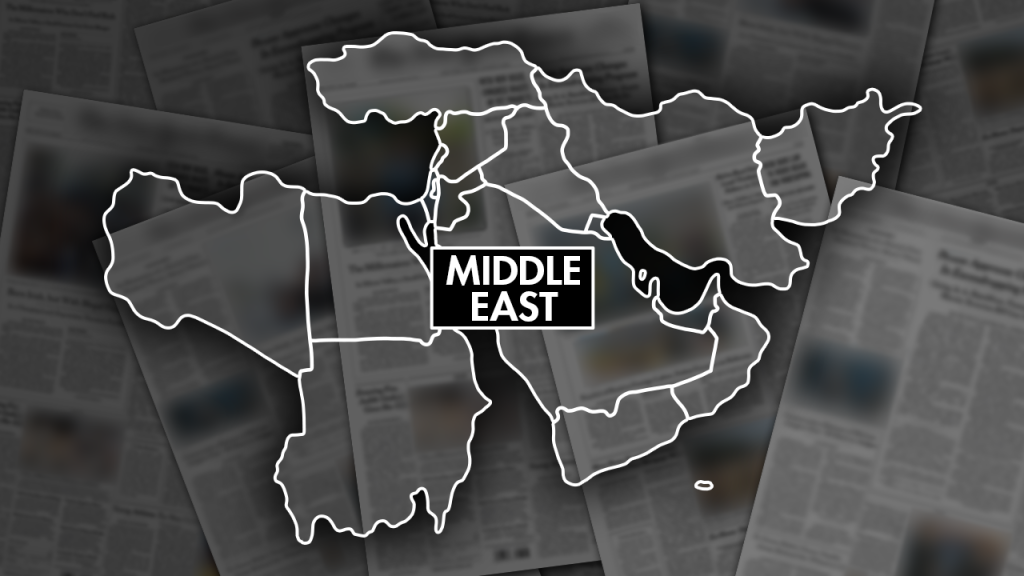Mohammed Fattah Burhan Rahman, the son of Sudan’s army chief Abdel Fattah Burhan, passed away in a hospital in Ankara, Turkey, two months after being severely injured in a motorcycle accident. The accident occurred on March 6 when his motorbike collided with a vehicle in Ankara’s outskirts, causing him to be thrown several meters from his bike. He had been in intensive care since the accident, but unfortunately succumbed to his injuries. Burhan, who is considered Sudan’s de-facto leader, and other family members were notified of his death, though there has been no statement from Turkish authorities or the Sudanese embassy.
Sudan has been in turmoil since mid-April 2023, with escalating tensions between the military, led by Burhan, and the Rapid Support Forces paramilitary commanded by Mohammed Hamdan Dagalo erupting into street battles in Khartoum. The conflict has extended to other parts of the country, particularly urban areas and the western Darfur region. The unrest has caused widespread concern for the stability and security of Sudan, as well as for the welfare of its citizens. The death of Burhan’s son adds to the ongoing challenges facing the country and its leadership.
The accident involving Mohammed Fattah Burhan Rahman is reminiscent of a similar incident earlier this year in Turkey. The son of Somalia’s president was convicted by a Turkish court of “causing death by negligence” after a diplomatic car he was driving collided with a motorcycle courier in Istanbul. Initially sentenced to 2 1/2 years in prison, the sentence was later commuted to a fine. These incidents highlight the risks associated with road accidents, particularly involving powerful individuals and their families, and raise questions about accountability and legal repercussions in such cases.
The loss of Mohammed Fattah Burhan Rahman is a personal tragedy for his family, particularly his father, who holds a prominent position in Sudan’s military and government. It is also a reminder of the fragility of life and the unpredictability of fate, even for those in positions of power and privilege. The emotional impact of such a loss reverberates beyond the individual family to the broader community, sparking reflections on mortality, grief, and the need for compassion and support in times of sorrow.
As Sudan continues to grapple with internal strife and political instability, the death of Burhan’s son may have wider implications for the country’s leadership and the ongoing conflict between the military and paramilitary forces. It underscores the personal toll that such conflicts can take, affecting not only those directly involved but also their loved ones and communities. The tragedy serves as a somber reminder of the human cost of war and violence, prompting calls for peace, reconciliation, and healing in Sudan and beyond.
In the midst of mourning for Mohammed Fattah Burhan Rahman, there is a call for reflection on the value of life and the importance of empathy and solidarity in the face of loss. His passing emphasizes the universal experience of grief and the shared vulnerability of humanity, transcending boundaries of nationality, status, and power. It is a poignant moment to pause and honor his memory, while also recognizing the need for compassion and unity in navigating the challenges that lie ahead for Sudan and its people.













